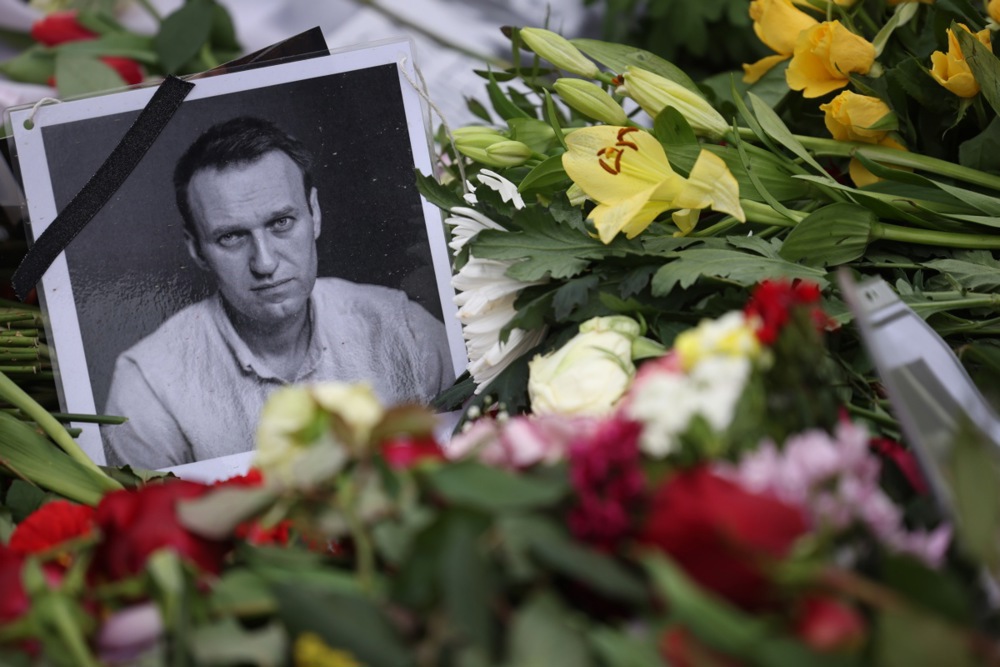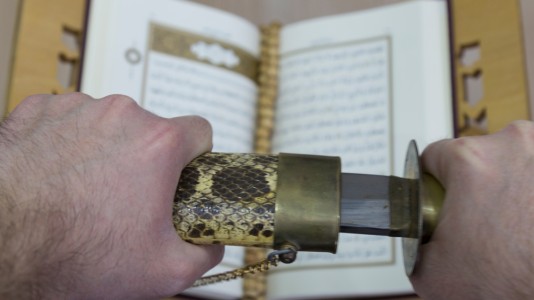We still do not know enough about Navalny to say what his views really were on democracy and Russia’s foreign and security policy. We know he was a Russian nationalist who supported both the invasion of Georgia and annexation of Crimea and was suspicious of migration from Central Asia. We know he wanted to rid Russia of corruption and for there to be free elections in Putin’s time, but there is no evidence of him having objected to earlier corruption and abuse of democracy under Yeltsin.
There are plenty of Polish and Western politicians such as Donald Tusk shedding crocodile tears for Navalny. However, what they are really upset about is that a Russian politician who they had hoped would take power from Putin to end the war and create a Europe from Lisbon to Vladivostok is no longer there. Now, they know they will have to soil their hands in dealing with Putin.
Some hoped Navalny was a real democrat — but those more realistic and perhaps more cynical — hoped that he could be the chosen successor to Putin who might end the war so they could do business with Russia as usual. This option is no longer on the table, and it probably never was.
Navalny got close to the editor of Poland’s main liberal daily, Gazeta Wyborcza, and the two agreed that the leader of Poland’s conservatives (PiS), Jarosław Kaczyński, was susceptible to Russophobia. The two also agreed that there should be a referendum in the Donbas and Crimea on their future.
If you read an account of their meetings published in Dialog, what comes across is how Navalny agrees with many of Putin’s objectives but wants to realize them in a more “democratic” way. Like Putin, he wanted to see Russian culture expanding and for the rights of Russians to be guaranteed in Ukraine and the Baltic states. This would be a sort of enlightened imperialism that still commits Russia to nuclear parity with the U.S.
He also fully accepted that anyone in Russia would have to maintain the present state apparatus, including the FSB, and that there was no need for a process of de-Stalinization of the state.
Finally, we have his vision of a liberal Europe, one in which Russia would dominate as a member of the EU because of its size. This was a vision that seemed both utopian and frightening at the very same time.
Now, with Navalny dead, Western elites will have to find other excuses for doing a reset with Russia.






